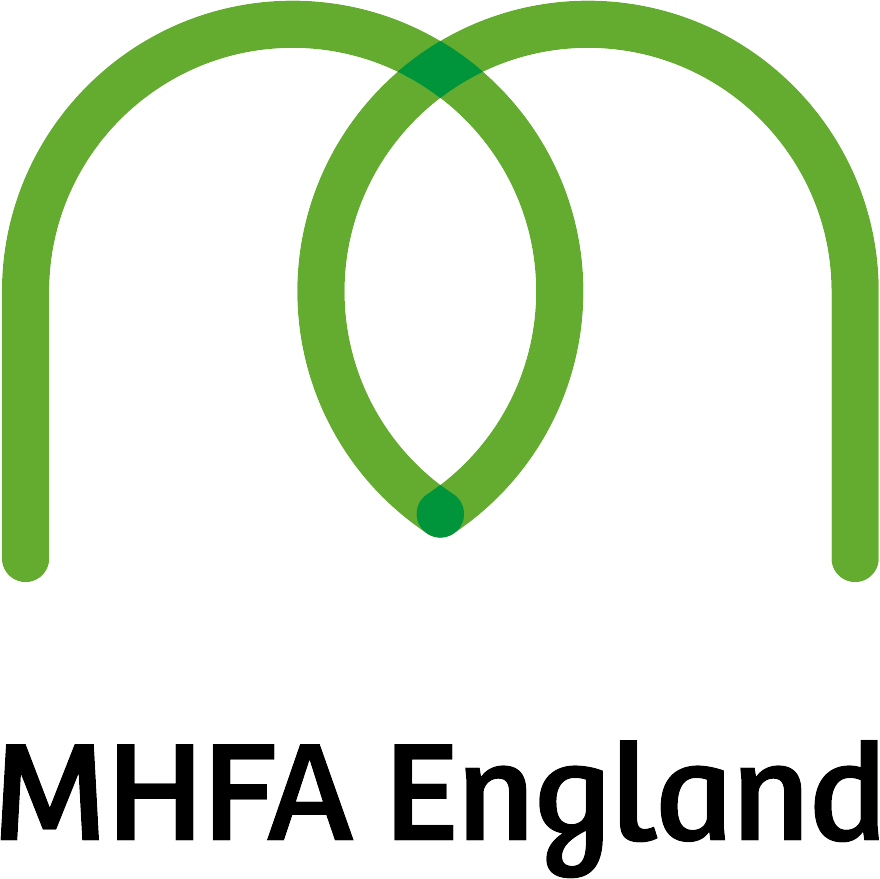How is the Trust supporting staff and their wellbeing?
The Trust provides a wide range of support to staff to ensure their mental wellbeing is as good as it can be in what is often a challenging job. Here are some of the ways we do that.
Mental Wellbeing Practitioners
Mental Wellbeing Practitioners (MWPs) are mental health professionals who are qualified to assess the needs of someone with a common mental health difficulty such as anxiety or depression. They work to identify if someone is likely to improve naturally with time, if they might benefit from a psychological treatment or whether further medical assessment and possible medication, such as antidepressants, may be beneficial.
We employ two MWPs and anyone within the organisation, including students and those in voluntary roles, can self-refer for confidential advice about their mental health.
The MWPs are also available to provide specialist advice to managers and other staff within the Trust on proactive ways to support their colleagues who might be experiencing mental health difficulties.
Health and Wellbeing Champions

The Trust has around 130 Health & Wellbeing Champions (HWBC) and every Hub has at least one champion with the bigger Hubs having more.
All HWBC have an induction and can then progress onto further development completing the Mental Health First Aiders course, Suicide Lite and many more. This enhances their knowledge which allows them to provide even more support for their colleagues.
They can:
- Keep colleagues updated with Health & Wellbeing updates and what is available for them
- Be the ones to ask a colleague if they are alright
- Help to signpost staff to the relevant support they may need
You can find out who your HWBC is via your line manager or our Health and Wellbeing Manager, Manjeet Malhi.
SALs Team

The Staff Advice & Liaison Service (SALS) is a confidential peer to peer support network. The service is co-ordinated and delivered entirely by current WMAS staff members who have volunteered their time to support their colleagues.
When you have concerns, need advice or information, or feel alone with a problem and don’t know what to do or where to turn, SALS is there to help. Trained peer advisors will listen to your concerns, provide emotional support and encouragement during difficult times, and can help you to identify the information, support and workplace policies relevant to your individual situation. There is a also a section of SALS that provides support for managers within the Trust.
It’s an entirely confidential service which is available to all members of the WMAS workforce, including students and community volunteers.
Call them on 01384 215 880.
Mental Health First Aiders

The Trust currently has more than 400 Mental Health First Aiders (MHFAs). A wide range of people have undertaken the two-day MHFA training course from operational colleagues, control room staff as well as corporate team member.
Our MHFAs can be identified by the MHFA logo, which may be displayed on their email signature or their green lanyard.
Mental Health First Aiders have been trained to have:
- An in-depth understanding of mental health and the factors that can affect wellbeing
- Practical skills to spot the triggers and signs of a range of mental health issues
- Confidence to step in, reassure and support a person in distress using the Mental Health First Aid action plan
- Enhanced interpersonal skills such as non-judgemental listening
- Knowledge to help someone recover their health by guiding them to further support – whether through self-help resources, internal support such as EAP, or external sources such as their GP
- An understanding of how to keep themselves safe while performing their duties
Staff Networks
To support staff, we have a six staff networks which work towards making the organisation an even more diverse and inclusive place. You don’t have to be directly impacted by the area and may just be a supporter of that particular interest.
For further information, visit our Staff Networks page.
Trust Chaplaincy: Faith and Spiritual Wellbeing Team
The Trust already has chaplains from the Christian, Muslim and Sikh faiths and is working to take on representatives from the Jewish and Hindu faiths.
A chaplain is there to provide a listening ear, emotional, spiritual and pastoral support for you. They can provide support during any crisis, bereavements, as well as during normal times. They will pray for and with you, be available with an on-going presence, visit you, provide care for you and lead any formal religious services.